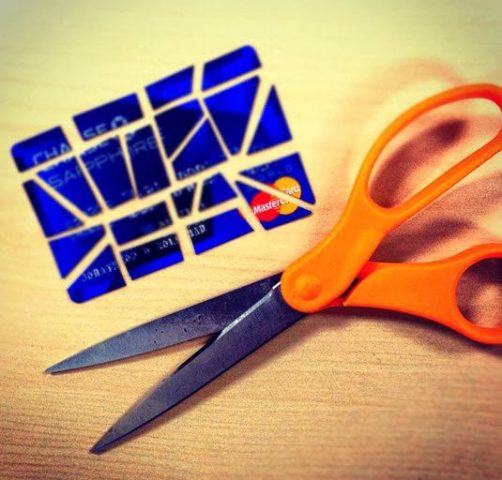Identity Theft Gone Wild: Are you Protected Online?
By David
January 2, 2014 • Fact checked by Dumb Little Man

Identity theft is a serious problem, whether you are an individual or a business.
Online identity theft continues to grow as more people use the internet.
Identity theft is a serious crime that occurs too frequently.
In many instances, the people behind these attacks are seasoned criminals who know just the right weaknesses and vulnerabilities for which to watch.
Many online attacks now occur within just a few minutes due to lapses in internet and computer security, as well as mistakes made by consumers.
The best way to keep from becoming a victim is to protect yourself online.
Protect Your Computer
You can reduce your risk of falling victim to a cyber attack by securing your PC with a malware removal tool. An effective anti-spyware program will detect and subsequently remove many different forms of spyware, which can grab valuable personal information. It is also important to have a good anti-virus program installed on your computer. You can get quality programs from major providers. Be sure to keep these programs updated on a regular basis for maximum protection. Keep in mind that many programs also offer automatic updates and are a good option if you do not think you will remember to update the programs by yourself.
Identity theft can occur in a number of ways. One of the most popular ways is through computers and the internet due, in large part, to modern technology. Such attacks can be devastating and may take quite a bit of time to recover. It is important to remember to keep yourself protected using a variety of methods.
Understanding Identity Theft
This is one of the most widespread crimes throughout the country, and it occurs on a daily basis. In fact, many Americans will fall victim to some form of identity theft during their lifetime. The term, “identity theft,” means that someone has stolen your personal information without your permission. Information that is considered valuable to these thieves includes your Social Security number, credit card information, financial information, and much more.
Such a serious crime has negative consequences, some of which can be quite severe. When your valuable personal information falls into the wrong hands, your credit history, finances, and even reputation can suffer. When this occurs, you will need plenty of time, patience, and even money to resolve the issues.
If you suspect that you have become a victim of identity theft, you might need to put out a fraud alert immediately and notify your credit lenders, as well as one of the three major credit bureaus: TransUnion, Experian, or Equifax. Make sure that your accounts have been placed on hold while the case is being resolved. The sooner the problem is discovered, the less likely there is to be long term damage.
Keeping Yourself Protected
Although identity theft is a serious crime, there are a number of ways to keep yourself protected. When it comes time to fill out passwords, opt for an encrypted one, even if it seems like more work at the time. Never use a password that someone else can easily guess, such as your birthday or address. Change your passwords frequently to ensure your safety. The same is true for filling out forms. You should disable your cookies, which allows information to be automatically saved and stored the first time so that you do not have to repeat the steps again. Having your personal information saved on the internet can be a useful way for someone to steal your identity.
There are a number of safety and security symbols to watch out for when you are doing your online shopping. A few common examples include the blue Better Business Bureau and the green TRUSTe symbols. You can also make sure that you are using a secure website when the browser shows the prefix: HTTPS. The ‘S’ means the website is secure.
In many instances, local or national media outlets will alert the public when local, national, or even worldwide scams are taking place. These outlets cannot provide information about every single incident, but they can be a good resource for knowing when your area is under an increased risk of identity theft or cyber attacks.
| Written on 1/2/2014 by James Edwards. |
Photo Credit: Jonathon Colman

